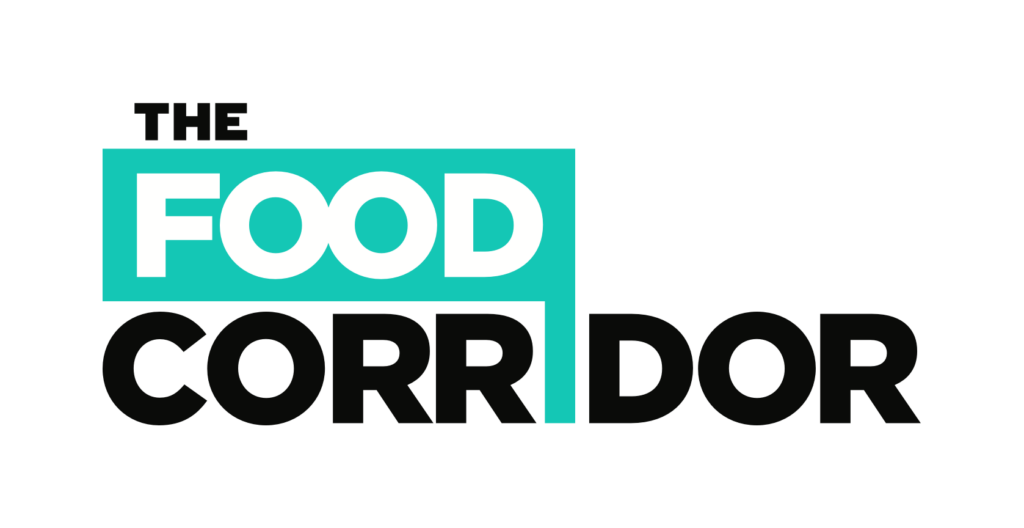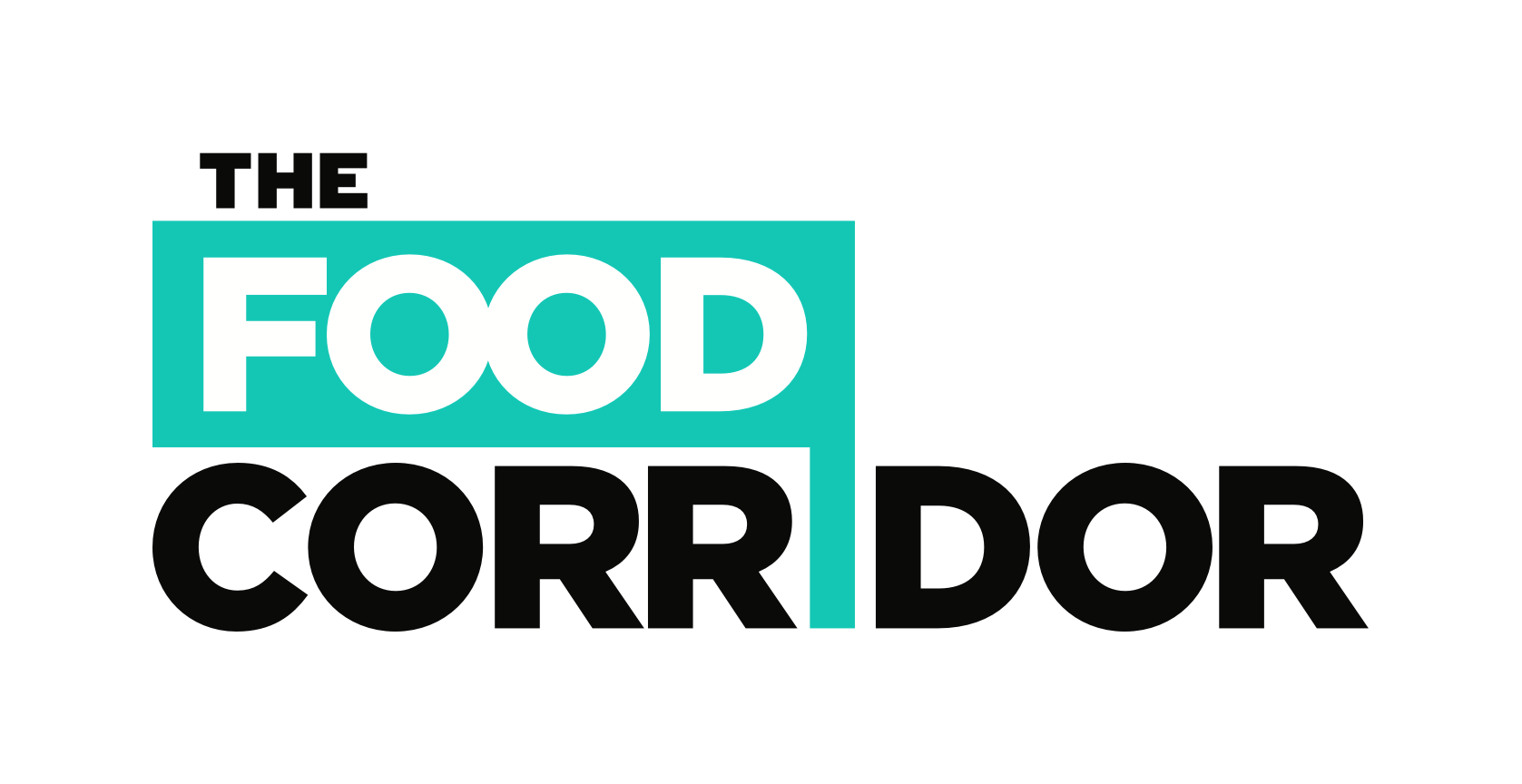It’s no exaggeration to say that failing to adequately prepare for tax season could cost you your business. In the world of fine margins in shared and community kitchens, keeping improper records or failing to pay the right amount of tax can result in heavy fines.
You can’t be sure you won’t be audited, but a good way to avoid this nightmarish possibility is to file a squeaky clean tax return. There’s plenty of advice out there for restaurants, hotels, and other hospitality providers, but what about community, commissary, and shared kitchens?
Here at The Food Corridor, we’ve pulled together some tax season readiness tips to help ease any worries you might have. The best way to deal with anxiety is through action. So use these tips to get you moving in the right direction.
Before you know it, it’ll all be over. Then all you have to worry about is running all the other aspects of your business!
What Do Taxes Look Like for Shared Kitchen Providers?
Shared kitchens are complex businesses. Revenue tends to come from a variety of sources and there are a number of outgoings too. Getting tax ready means being on top of the numbers and keeping your books in order.
The Ins and Outs of Shared Kitchens
Fundamentally, your tax return details all the money going in and out of your business and determines how much you have to pay based on your profits.
The 2019 Kitchen Incubator Report by The Food Corridor, which details the results of a survey of 180 shared-use kitchen facilities in the US, tells us the biggest revenue sources are leasing or renting out shared space, event space, and storage space, offering classes and training sessions, offering co-packing services, and providing staff for tenants.
The highest proportion of costs go on rent and staff salaries and benefits. Followed by utilities, insurance, maintenance, debt servicing, equipment costs, and maintenance. Other common expenses include office and cleaning supplies, basic repairs, and petty cash.
The report also shows that a growing number of facilities are profitable, although in 2019, 61% either broke even or made a loss. Remember, even if you are not making massive profits and don’t need to pay any tax, you still need to file a return with the IRS.
Non-profit Tax Status
If you’re running a non-profit facility, you still have to be aware of the rules and regulations surrounding your tax status. Non-profit organizations are exempt from income, sales, and property taxes as long as they
- Operate exclusively for charitable, scientific, religious, or public safety purposes.
- Turnover their entire income (minus expenses) to legitimate charitable causes.
These benefits come with the caveat that you may be under greater scrutiny as a non-profit, as you have to justify this status.
Be aware, non-profits still have to pay employee benefits like Medicare and Social Security. And a non-profit is liable to pay income tax on revenue generated that is not related to the primary charitable cause. If your mission is to provide a community kitchen to help low-income entrepreneurs start food businesses, for example, but you also rent out event space for commercial purposes. You may have to pay tax on the latter income, even if you’re tax-exempt on the former.
Tips for a Stress-free Tax Season
Get Started Early
The holidays are probably the busiest period of the year for your tenants. The quieter months that follow are the perfect opportunity to start preparing for tax season. If you don’t make a start soon, before you know it, the deadline will be looming.

The big deadlines are coming up in March and April but the sooner you start to get organized, find an accountant, or even simply gather together your receipts, the better. Even something as simple as starting to put aside an amount each month to help with your tax bill can help. Your future self will thank you.
Figure Out Your Tax Obligations
The type of business you run determines the taxes you have to pay. LLCs, S Corporations, C Corporations, Cooperatives and Partnerships all have different tax obligations and reporting requirements. The best way to be sure what your obligations are is to consult with a professional. There is also plenty of information online including on the IRS website.
Rules also vary by state so it’s important to get to know the specifics of your state’s tax laws. E-file has a bunch of helpful resources, including this state-by-state breakdown of tax obligations and deadlines.
Find a Reputable Accountant
The best way to be sure of finding a trustworthy accountant who you can rely on is by word of mouth. Ask around in your professional and social networks for recommendations. Is there a lawyer somewhere in your circle of friends and family who could recommend someone? Do you know other small business owners who have used an accountant in the past? Do you have a strong network on a site like LinkedIn that you could ask?
A good start would be to connect with over 1500 other shared kitchen business owners by joining the NICK – the Network for Incubators and Commissary Kitchens. The Facebook group has a lively discussion board where members can ask each other questions and leave comments for others.
It’s best if you can find someone who specializes in dealing with businesses like yours. If they’ve dealt with a similar type, size or structure of business before, you will benefit from the expertise and the whole process should be faster and easier.
Familiarize Yourself With The Deadlines
The IRS publishes a comprehensive guide detailing the obligations for each month of the year. The main date to keep in mind is 31 March, the deadline for the electronic filing of the main forms. It’s a useful guide to keep handy, as keeping on top of your tax obligations all year round makes it far easier to deal with the deadlines when they do come up.
Start Gathering the Records
If you are super organized that’s great, but if you chuck all your receipts in a shoebox and your attitude towards filing invoices is, “They’re somewhere in my email”, it might be a good idea to start getting organized.
The most important documents and receipts to gather together are:
- Bank account and credit card statements
- Credit card receipts
- POS data or register receipts
- Invoices
- Receipts for professional services (cleaning, accountancy, consultants, etc.)
- Receipts for expenses (subscription services, memberships, office supplies, etc.)
- Receipts for kitchen equipment purchase or maintenance
- Receipts for vehicle purchase or maintenance
- Canceled checks
- Petty cash records
Consider a Software Solution
Accurate bookkeeping is a must in your preparations for tax season. You can absolutely use spreadsheets to keep track of everything but there are subscription-based software solutions that can make life a lot easier. The Food Corridor provides easy invoicing of your clients, monthly revenue reports, and credit card payments for your clients. These will help you keep track of transactions and allow you to easily pass the information on to your accountant.
Tools like Freshbooks, Quickbooks, and Xero, among many others, have benefits such as:
- Integrations with bank providers for automatically adding transactions to your books
- Easy upload of receipts for expenses
- Collaboration with your accountant
Make Reasonable Deductions
Your tax-deductible expenses are a great way to reduce the amount of tax you have to pay. You should be taking advantage of them by making sure they are logged with the IRS, but also be mindful of taking it too far. Any records that don’t match up could lead to an audit, and this is the last thing you want. Generally, err on the side of caution as you don’t want to take any risks. And speak to a professional for the best advice on what counts as a legitimate business expense.

Here are some examples of tax-deductible expenses and other legitimate deductions to take advantage of:
- Capital Cost Allowance – You can claim against the depreciation of your business assets, such as vehicles, kitchen equipment, or computers.
- Staff bonuses – rewarding staff with a bonus is a great way to say thank you and boost morale while reducing your tax bill.
- Charitable donations – a great way to contribute to a good cause while lessening your tax burden. These could take the form of cash, property or equipment donations. If you already work with the community in some way, it may make sense to donate certain assets to charitable organizations to strengthen your relationships and make a positive impact.
If You Encounter a Problem, Deal With it Head-on
Tax season can be overwhelming for small business owners. The most important thing to remember if you start to feel it’s too much to take on, break things down into manageable steps and don’t be scared to seek help. Thousands of people are going through a similar process, and there’s plenty of advice and support available.
There are professionals out there to help you deal with any issues that come up. And there’s a community of shared kitchen owners and tenants to give you support and first-hand advice. Don’t bury your head in the sand if things get on top of you.
The best path is to deal with issues as soon as they come up. As the famous Benjamin Franklin quote goes, “In this world, nothing can be said to be certain, except death and taxes.” Yes, tax is unavoidable, but as long as you follow the right steps, you can get your return in on time and accurate.


